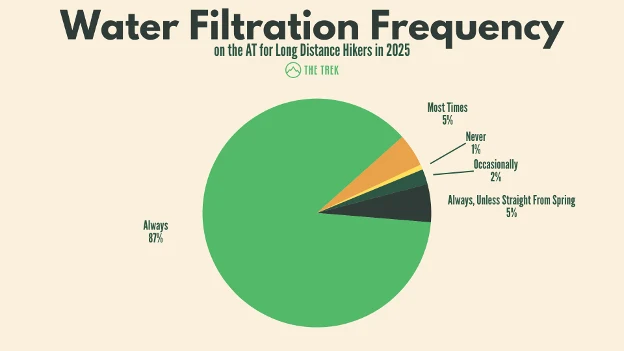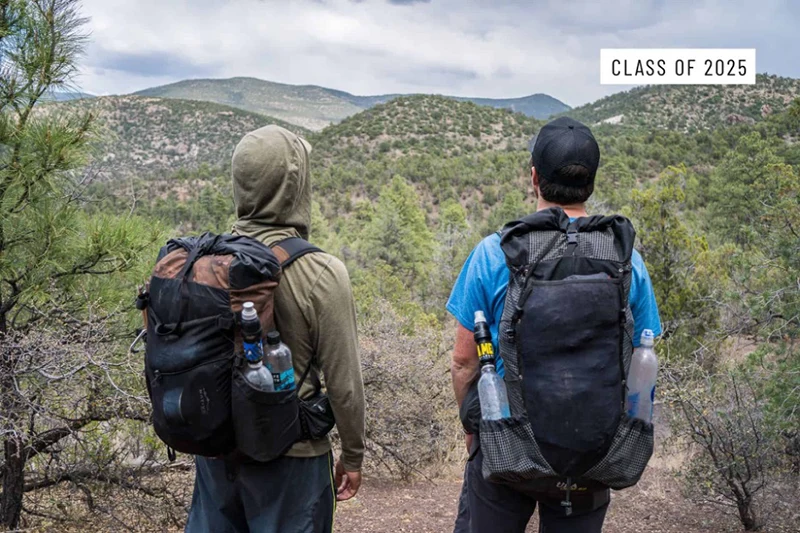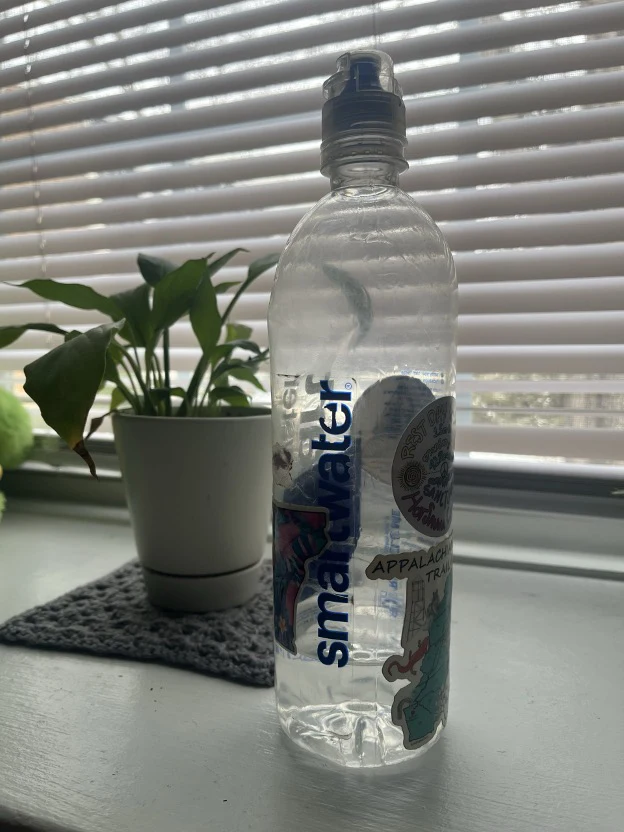Globo Surf: 10 Best Mosquito Repellents In 2021
Globo Surf: 10 Best Mosquito Repellents In 2021

Globo Surf: 10 Best Mosquito Repellents In 2021
The Best Mosquito Repellent
1.Sawyer Products 20% Picaridin Mosquito Repellent
2.REPEL Plant-Based Natural Mosquito Repellent
3.Sawyer Products Permethrin Clothing Mosquito Repellent
4.REPEL Sportsmen Max 40% Deet Mosquito Repellent
5.Repel 100 Spray Mosquito Repellent
6.Avon Skin-So-Soft Bug Guard PLUS Mosquito Repellent
7.3M Ultrathon Lotion Mosquito Repellent
8.Ben’s 100% DEET Tick and Mosquito Repellent
9.Natrapel Picaridin Wipe Mosquito Repellent
10.Cutter Lemon Eucalyptus Mosquito Repellent
A pleasant evening outdoors can easily be ruined by the annoying buzzing of mosquitoes and their itching bites. For this reason, you should always keep a mosquito repellent ready to protect yourself from these nasty pests.
In this article, you’ll discover the best mosquito repellents for your skin and learn about the efficiency of various ingredients. And, if you’re worried about using chemicals on your sensitive skin, our mosquito repellent reviews also include several all-natural options so that everyone can enjoy their time outdoors worry-free.
Find the complete list of the best mosquito repellents in 2021 here.
Globo Surf: 10 Best Mosquito Repellents In 2021


The Best Mosquito Repellent
1.Sawyer Products 20% Picaridin Mosquito Repellent
2.REPEL Plant-Based Natural Mosquito Repellent
3.Sawyer Products Permethrin Clothing Mosquito Repellent
4.REPEL Sportsmen Max 40% Deet Mosquito Repellent
5.Repel 100 Spray Mosquito Repellent
6.Avon Skin-So-Soft Bug Guard PLUS Mosquito Repellent
7.3M Ultrathon Lotion Mosquito Repellent
8.Ben’s 100% DEET Tick and Mosquito Repellent
9.Natrapel Picaridin Wipe Mosquito Repellent
10.Cutter Lemon Eucalyptus Mosquito Repellent
A pleasant evening outdoors can easily be ruined by the annoying buzzing of mosquitoes and their itching bites. For this reason, you should always keep a mosquito repellent ready to protect yourself from these nasty pests.
In this article, you’ll discover the best mosquito repellents for your skin and learn about the efficiency of various ingredients. And, if you’re worried about using chemicals on your sensitive skin, our mosquito repellent reviews also include several all-natural options so that everyone can enjoy their time outdoors worry-free.
Find the complete list of the best mosquito repellents in 2021 here.
Globo Surf: 10 Best Mosquito Repellents In 2021


The Best Mosquito Repellent
1.Sawyer Products 20% Picaridin Mosquito Repellent
2.REPEL Plant-Based Natural Mosquito Repellent
3.Sawyer Products Permethrin Clothing Mosquito Repellent
4.REPEL Sportsmen Max 40% Deet Mosquito Repellent
5.Repel 100 Spray Mosquito Repellent
6.Avon Skin-So-Soft Bug Guard PLUS Mosquito Repellent
7.3M Ultrathon Lotion Mosquito Repellent
8.Ben’s 100% DEET Tick and Mosquito Repellent
9.Natrapel Picaridin Wipe Mosquito Repellent
10.Cutter Lemon Eucalyptus Mosquito Repellent
A pleasant evening outdoors can easily be ruined by the annoying buzzing of mosquitoes and their itching bites. For this reason, you should always keep a mosquito repellent ready to protect yourself from these nasty pests.
In this article, you’ll discover the best mosquito repellents for your skin and learn about the efficiency of various ingredients. And, if you’re worried about using chemicals on your sensitive skin, our mosquito repellent reviews also include several all-natural options so that everyone can enjoy their time outdoors worry-free.
Find the complete list of the best mosquito repellents in 2021 here.

























































































































